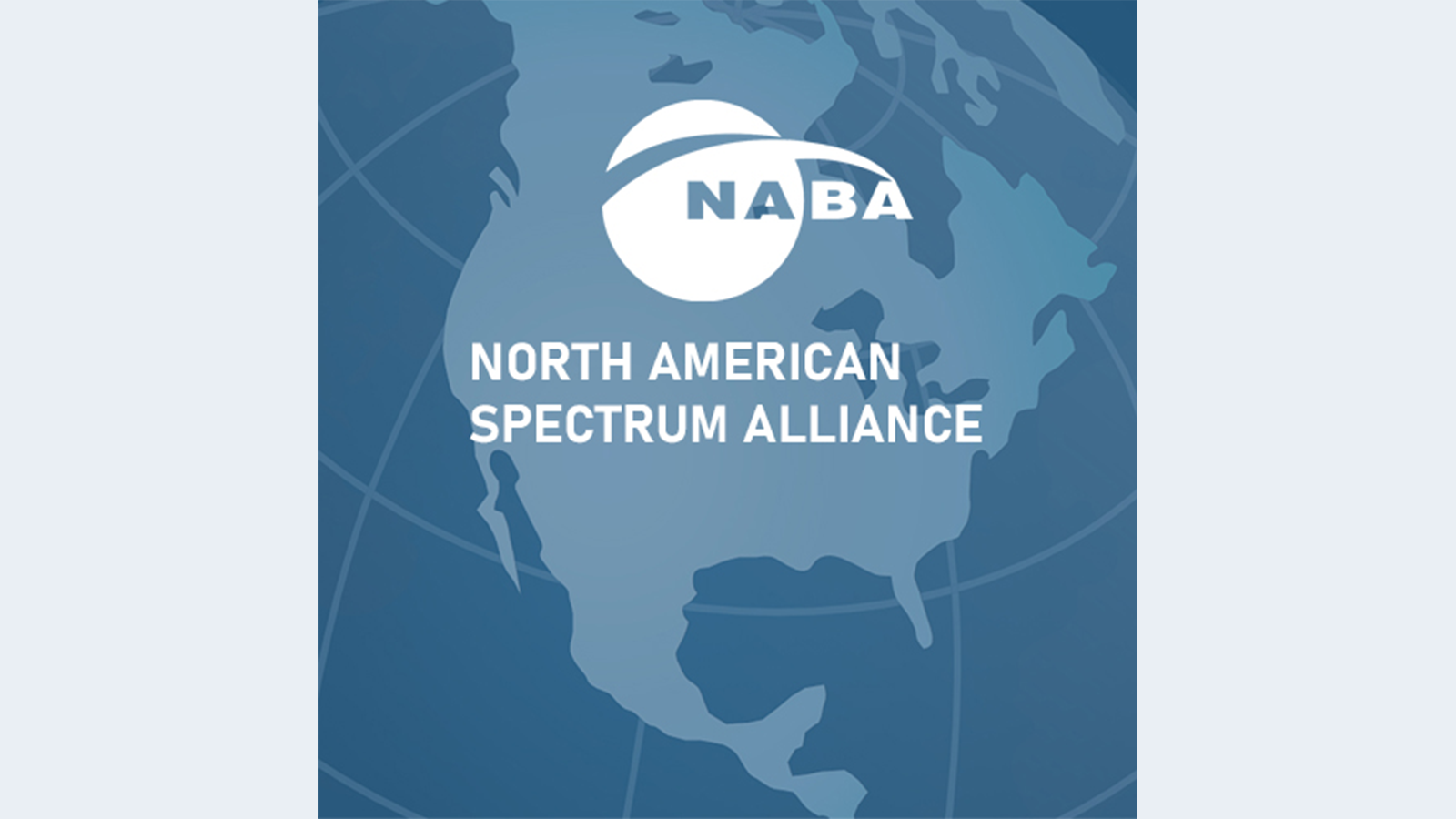GOP Would Boot Federal Spectrum Users
WASHINGTON: Republicans favor clearing federal spectrum for commercial use versus sharing arrangements, according to the majority staff memo for a House hearing this week. Members of the Communications and Technology subcommittee will discuss “Creating Opportunities through Improved Government Spectrum Efficiency” on Thursday.
Rejecting a report from the President’s Council of Advisors on Science and Technology, the memo said, “Sharing spectrum in the way it envisions is less useful than clearing spectrum and too untested to be the focus of the subcommittee’s spectrum strategy. Such sharing should be reserved for cases in which federal clearing is impossible.”
The Council of Advisors and the National Telecommunications and Information Administration both endorsed public-private spectrum sharing, with the NTIA saying it would cost more than $18 billion and 10 years to clear the targeted airwaves. The staff memo said the figure was inflated and unconfirmed by independent analysis.
“Rather, it merely aggregated the estimates of the federal agencies currently using the spectrum,” it stated. “Neither the NTIA nor the PCAST report fully investigated the agencies’ relocation estimates, whether the agencies need all the spectrum they have, or whether they could get by with less if they had more efficient equipment or relied more on commercial services.”
It notes that 90 MHz of spectrum was cleared in 2006 for Advanced Wireless Service use, bringing in $13.7 billion in proceeds. Recent legislation makes clearing easier by providing funding for advanced planning and systems upgrades that can make federal operations more spectrum efficient, the memo states.
“Auction participants bidding on spectrum to be cleared have the certainty of knowing that if they submit a winning bid and the aggregate auction proceeds exceed the clearing costs, they will have the exclusive use of the spectrum,” the memo said. “Consequently, they have an incentive to pay more and to invest in network and equipment resources to use the spectrum.”
The President’s Council proposed a sharing arrangement similar to unlicensed devices in the broadcast bands, which use a dynamic database to check for open frequencies. The majority staff rejected the approach.”
“None of this is to say that sharing should not be explored further,” it said. “For the time being, however, the PCAST approach is too speculative to be the focus of the committee’s spectrum strategy. It should be reserved for cases where attempts to clear fail, where clearing is impossible, or where there is greater certainty that the costs of clearing will exceed the value of the spectrum. More efforts should be directed toward working with Federal agencies to determine how to clear spectrum in ways that not only works for governmental users, but helps improve their capabilities.”
Get the TV Tech Newsletter
The professional video industry's #1 source for news, trends and product and tech information. Sign up below.
